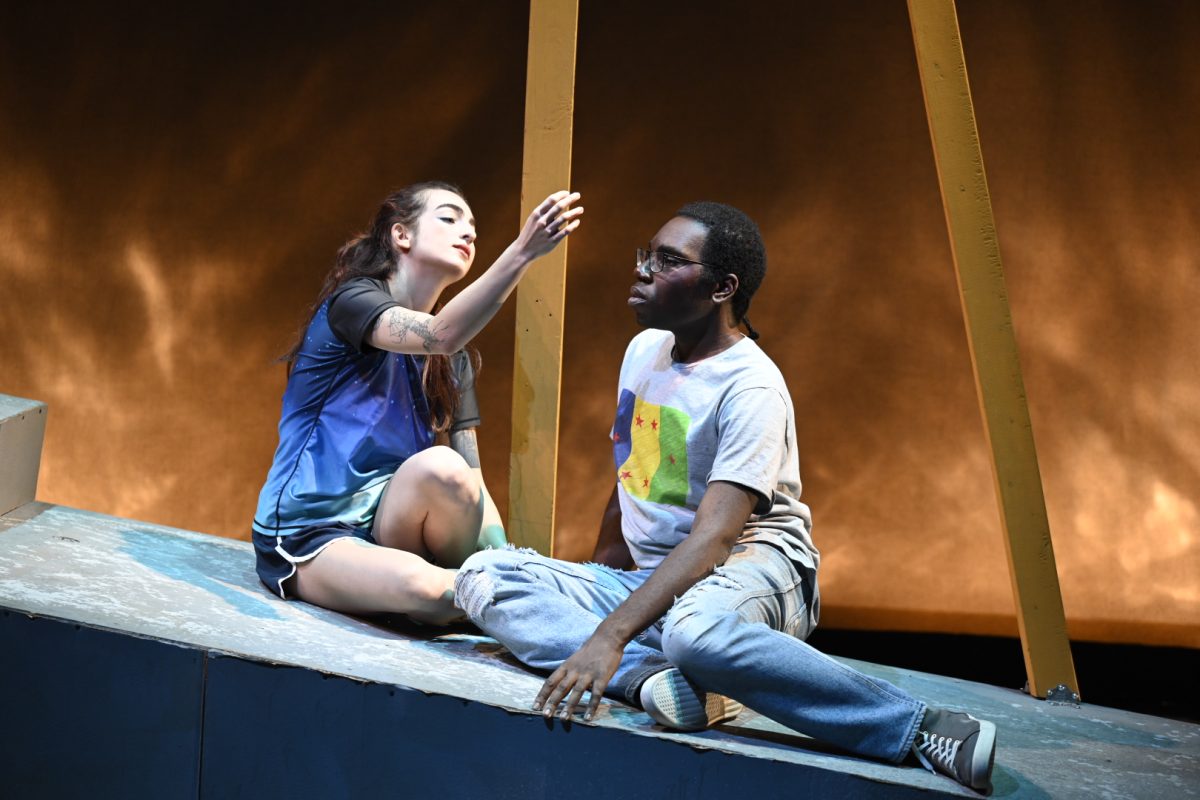Living in the Northfield bubble, it’s easy to feel disconnected from environmental and sustainability issues. Especially for those of us who live and eat on campus, it can be hard to have any sense of where our food comes from or the impact that we have on the environment. This can make it significantly harder to identify steps we can take to lower our environmental impact on campus. Fortunately, there are countless small, yet meaningful, things that we can all do to treat our environment a little bit better.
The first, and most important, step to take is to get outside and experience the environment. Besides all of the other benefits one gets from spending time outside and in nature, spending time outside, away from people and buildings and cars, can also help develop a connection with the local environment and incentivize us to take action to protect it.
“We cannot win this battle to save species and environments without forging an emotional bond between ourselves and nature as well – for we will not fight to save what we do not love.” – Stephen Jay Gould, Evolutionary Biologist
At Carleton, we are fortunate enough to have a massive natural space right on campus that is easily accessible and free to use. For a lot of us, it’s easy to forget the Arb exists. Most of our daily routes don’t take us through or near it, and it can be hard to carve out time to get there.
According to Kate Nootenboom ‘20, a Cole Student Naturalist, “Spending time in the Arb can be a really good way for students to be reminded of nature and the importance of taking care of these wild spaces. I think that it’s really important for people to feel a connection to their surroundings and where they’re living, and you get that by spending time in them and taking care of them.”
“One of the problems the environmental movement comes across is this sort of abstraction of the environment and the idea that this big scary climate change thing is happening elsewhere or its too big of a scale to do anything about. So I think if people see it happening in their communities and their immediate natural spaces then they’ll be more likely to take action for it,” said Nootenboom.
As for how to best accomplish that first step of getting out into nature, the best thing to do is to just get out there.
“Walk everywhere,” she said, “Just going on a walk out into the prairies of the lower arb is really incredible. I think just getting a little lost and getting out on the trails.”
There are also other structured activities designed both to care for the Arb and to get people using it.
“There are a lot of volunteer days in the arb where you can go plant trees or clear brush, participate in fires, and naturalist walks on Friday,” said Nootenboom.
What about more concrete measures though? According to the Sustainability Office, there are numerous “quick hit” methods of reducing one’s environmental impact.
“Eat less meat, use public or sustainable forms of transportation, like walking and biking, supporting the efforts of the college in regards to sustainability, and educate yourself and your peers about climate change.”
Beyond that, not using trays in the dinings halls, turning off appliances and lights when they aren’t being used, and choosing sustainable products when possible can make a difference in individual environmental impacts.
While most of these only make a small impact at the individual level, their effects begin to add up as more people start to change their habits. There’s a reason that the United States has the highest carbon footprint per capita in the world, even compared to equal developed countries. We have fully embodied a culture of consumerism and resource exploitation, and that won’t change without a shift in the way we use goods and energy at the most individual level. It’s important to know that, while these things may seem small, they do make a difference.
“This is difficult to do, but seeing every action you as a student do through a sustainability lens. Changing behaviors is hard, and being aware of your choices is a good first step,” said the Sustainability Office.












